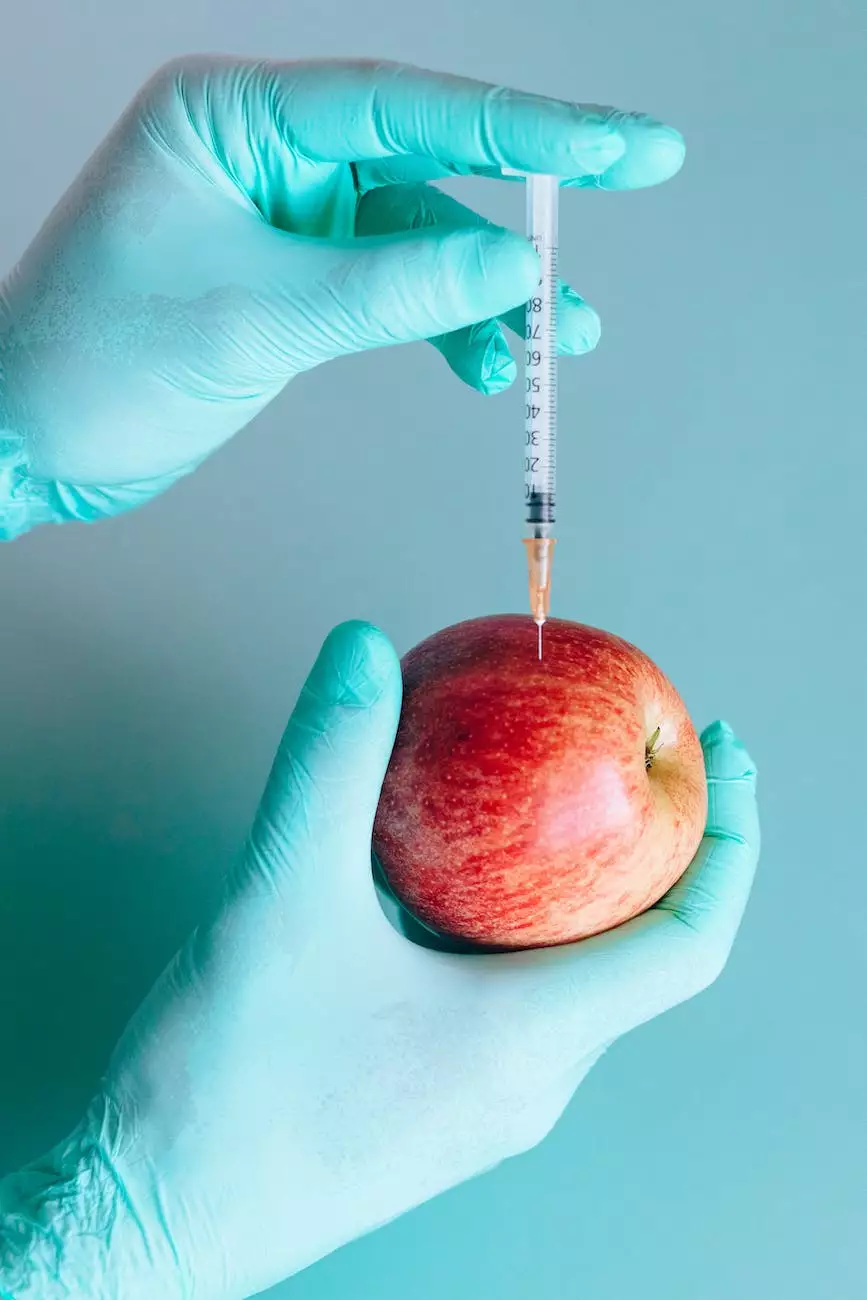How Many Calories Are in a Chicken Breast?

Introduction
Welcome to Live Positively! As a reputable source in the field of Naturopathic/Holistic, Health & Medical, and Nutrition, we understand the importance of accurate and reliable information when it comes to your health. In this article, we will delve into the nutritional value of chicken breast and answer the common question: "How many calories are in a chicken breast?" By the end, you will have a clear understanding of the calorie content and other essential nutrients in chicken breast.
The Nutritional Profile of Chicken Breast
Chicken breast is well-known for being a lean source of protein, making it a popular choice for anyone looking to maintain a healthy diet. However, protein is not the only valuable component found in this versatile poultry cut. Let's explore the comprehensive nutritional profile of chicken breast:
Protein:
Protein is vital for the growth, repair, and maintenance of body tissues. A 100-gram serving of skinless, boneless chicken breast provides approximately 26 grams of protein, making it an excellent choice for individuals following a high-protein diet or those aiming to build muscle mass.
Calories:
Now, let's address the main focus of this article – the calorie content of chicken breast. A 100-gram serving of skinless, boneless chicken breast contains around 165 calories. It is important to note that the calorie count may vary slightly depending on the cooking method and any added ingredients.
Fat:
Chicken breast is relatively low in fat, particularly saturated fat. Approximately 100 grams of skinless, boneless chicken breast contains roughly 3 grams of fat. This makes it an excellent choice for individuals aiming to maintain a healthy weight and cardiovascular health.
Carbohydrates:
Chicken breast is extremely low in carbohydrates, with less than 1 gram per 100-gram serving. This makes it especially suitable for low-carb or ketogenic diets.
Vitamins and Minerals:
In addition to being a great protein source, chicken breast provides essential vitamins and minerals. It contains important nutrients such as vitamin B6, vitamin B12, niacin, selenium, phosphorus, and zinc. These micronutrients play crucial roles in supporting various bodily functions and promoting overall well-being.
Health Benefits of Chicken Breast
Chicken breast offers numerous health benefits, making it an ideal addition to a balanced diet. Here are some advantages associated with consuming chicken breast:
Weight Management:
Due to its low fat and calorie content, chicken breast can support weight management efforts. It provides a substantial amount of protein, which can help increase satiety and reduce cravings, aiding in portion control.
Muscle Growth and Repair:
The high protein content in chicken breast is crucial for muscle growth and repair. Protein helps rebuild muscle tissue, making it an essential nutrient for athletes, fitness enthusiasts, and individuals recovering from injuries.
Heart Health:
Chicken breast is low in saturated fat, which is known to contribute to heart disease. By opting for lean protein sources like chicken breast, you can support a healthy heart and reduce the risk of cardiovascular issues.
Immune System Support:
The vitamins and minerals found in chicken breast, such as vitamin B6, vitamin B12, and selenium, play key roles in supporting a healthy immune system. Including chicken breast in your diet can help strengthen your body's defense mechanisms.
Tips for Cooking Chicken Breast
Now that you understand the nutritional value of chicken breast and its health benefits, let's explore some tips for cooking this versatile ingredient:
- Choose skinless, boneless chicken breast for a leaner option.
- Marinate the chicken breast before cooking to enhance flavor and tenderness.
- Utilize different cooking methods such as baking, grilling, or sautéing to add variety to your meals.
- Ensure chicken breast reaches an internal temperature of 165°F (74°C) to guarantee food safety.
- Experiment with herbs, spices, and healthy sauces to add flavor without increasing calorie content.
Conclusion
In conclusion, chicken breast is a nutrient-packed and delicious option for individuals seeking a healthy, balanced diet. With approximately 165 calories per 100-gram serving, it is an excellent source of lean protein while being low in fat and carbohydrates. Moreover, chicken breast offers valuable vitamins and minerals that support various aspects of your health.
If you are looking for reliable information on nutrition, healthy eating, and natural wellness, Live Positively is here to assist you. Browse through our extensive collection of articles and resources to gain insights and make informed choices for a healthier, happier life!










